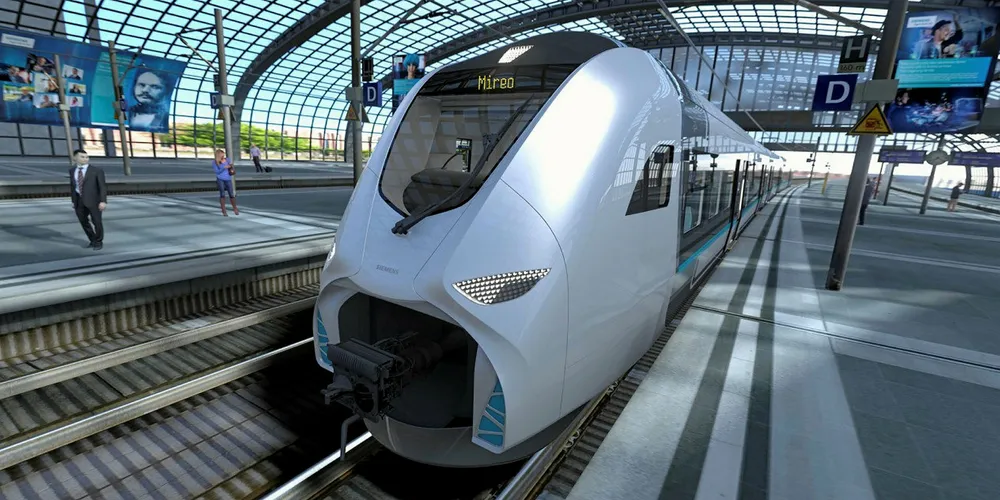Siemens Energy and Mobility plan standard for hydrogen-powered trains
The energy spin-off and Siemens’ mobility unit plan to offer the infrastructure around hydrogen for trains while Siemens Mobility is also developing an H2-powered train

The energy spin-off and Siemens’ mobility unit plan to offer the infrastructure around hydrogen for trains while Siemens Mobility is also developing an H2-powered train
